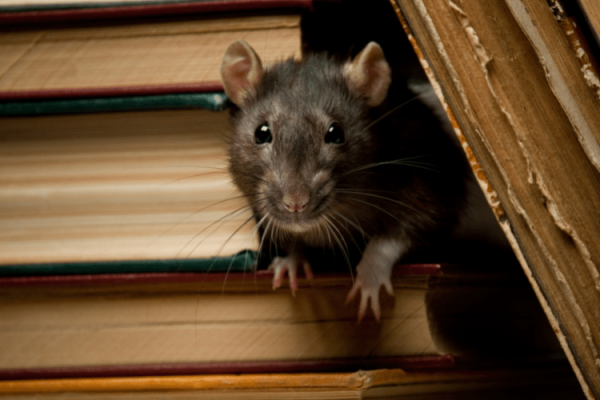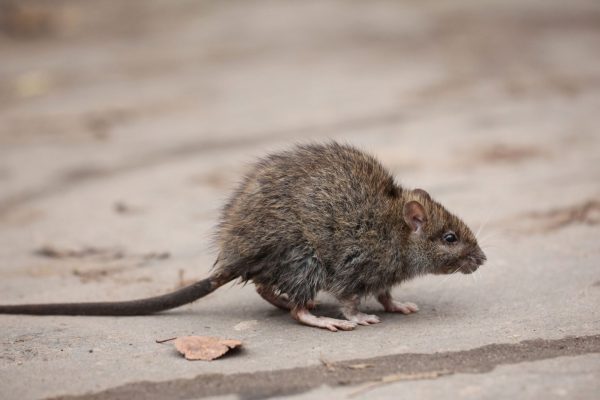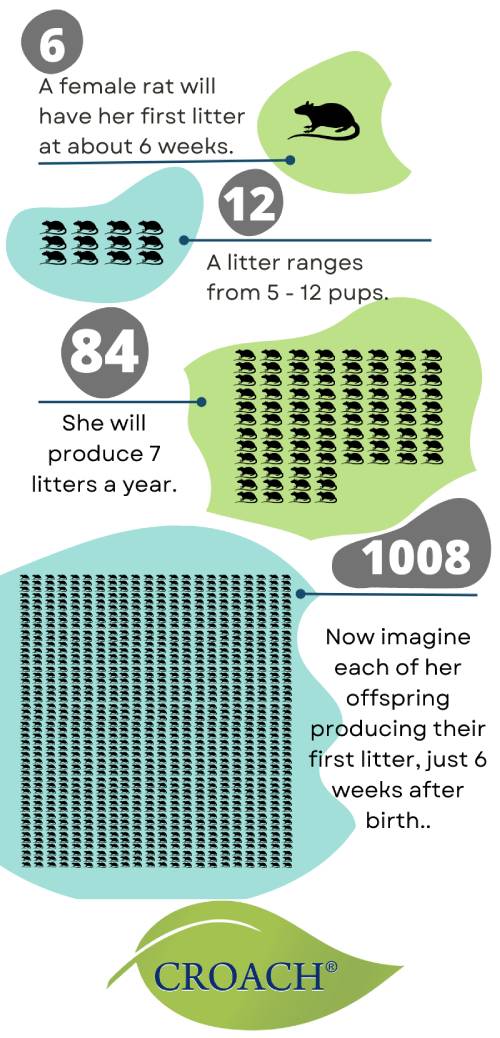The rat problem has been growing in the Puget Sound area and it doesn’t seem to be slowing down any time soon. Rats have been around in the Seattle area for as long as we have; in fact, we brought them here.
Why does Seattle have a rat problem?
They have been following the trade routes and going where we go. Rats depend on humans for sustainability and feast on the waste we create, so as we grow and develop the area, the rat population thrives right alongside.
What types of rats live in Seattle?
We have two primary species inhabiting our area, the most common is the Norway rat which lives predominately underground in burrows or in our crawl spaces, basements, and other cavernous spaces around the city.
Norway rats have been the most prominent rat in the area since they first invaded over a century ago; but a new species has emerged over the years and has become an ever-present nuisance – the roof rat.
Roof rats live primarily in high places like tree-tops or overgrown shrubbery and in rafters and attics. They will descend at night to feed on whatever they can find in buildings and never hit the ground level if they don’t have too.
The Math of Rat Reproduction
- A female rat will have her first litter at about 6 weeks.
- A litter ranges from 5-12 pups.
- She will produce 7 litters a year = up to 84 more rats!
- Now, imagine each of her offspring producing their own first litter, just 6 weeks after birth.
- In one year, a breeding pair of rats can produce upwards of 15,000 offspring!
Take a pro-active approach to rodent control. Call Croach Pest Control!
Why is Seattle’s rat problem getting worse?
If it seems to be getting worse, it is. There are a few factors at play, one is the development going on in the area – with progress comes certain pains. Another factor is the environment we create for them.
As we dig tunnels, replace dilapidated buildings and endeavor to make our city more modern, we displace many of the creatures who were living just beneath or just above us, and they go searching for new homes and new food sources.
Another factor is math, exponential math to be exact, here is a quick article about how quickly a rat problem can grow. One breading pair of rats can produce up to 15,000 descendants in just one year. Yes, that is a lot of rats.
Seattle is ranked #11 in Orkin’s list of Rattiest Cities in 2021, up one spot from the prior year.
What can I do to keep rats away from my home?
There are steps you can take to keep these pests out of your home and to help control the population in your neighborhood. Here is our list of best practices for controlling the problem in your home.
For best results, you want to contact a professional who has the knowledge and the right tools to address the entire problem and return your home to a comfortable living space.
Croach® provides the following services:
How to control rats in your neighborhood?
According to James DeSoto, Croach® Regional Manager - Beaverton:
"It used to be all about poison to kill rats, but now using IPM (Integrated Pest Management) methods we can control the rodent population more than just by poison. E.g., If we pick up our organic waste and put it in rodent proof containers, we can control better than using poison alone".
If your neighborhood is being over-run by rodents, consider banding together to do cooperative clean-up days to make sure problem areas are clean and free of debris. Make a pact to clean up after pets (yes, rats can sustain on pet feces) and keep pet food and household trash stored inside rodent-proof containers.
If anyone uses bird-feeders, make sure they are using the correct methods to store the birdseed and to rodent-proof the feeders.
Work with your neighbors to negotiate a group discount on a long-term rodent maintenance program with a pest control company.





